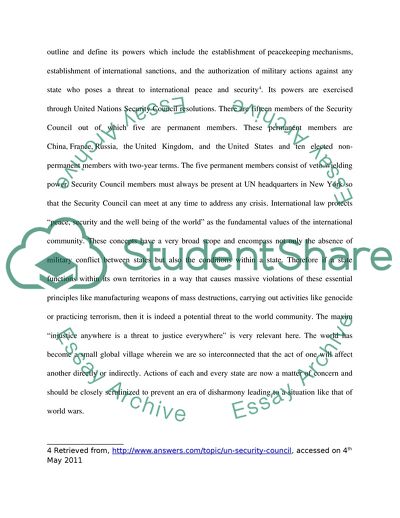Cite this document
(International Institutions: Law and Politics Against Terrorism Assignment - 1, n.d.)
International Institutions: Law and Politics Against Terrorism Assignment - 1. Retrieved from https://studentshare.org/politics/1752148-international-institutions-law-and-politics
International Institutions: Law and Politics Against Terrorism Assignment - 1. Retrieved from https://studentshare.org/politics/1752148-international-institutions-law-and-politics
(International Institutions: Law and Politics Against Terrorism Assignment - 1)
International Institutions: Law and Politics Against Terrorism Assignment - 1. https://studentshare.org/politics/1752148-international-institutions-law-and-politics.
International Institutions: Law and Politics Against Terrorism Assignment - 1. https://studentshare.org/politics/1752148-international-institutions-law-and-politics.
“International Institutions: Law and Politics Against Terrorism Assignment - 1”. https://studentshare.org/politics/1752148-international-institutions-law-and-politics.


